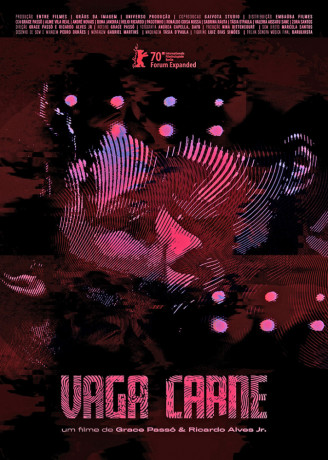Can the portrayal of mental health in movies significantly influence public perception? A bold statement suggests that media representation, including films, plays a pivotal role in shaping societal attitudes towards various issues. Movies often serve as mirrors reflecting cultural norms and values, but they also act as magnifying glasses, amplifying certain stereotypes or misconceptions. In recent years, discussions around the accurate depiction of mental illnesses, such as schizophrenia, have gained prominence. This article delves into how entertainment media portrays schizophrenia, focusing on the implications these portrayals have on audience perceptions.
The review conducted by analyzing 41 movies released between 1990 and 2010 reveals startling trends. These films featured at least one main character diagnosed with schizophrenia. The findings indicate that most characters exhibited dangerous or violent behaviors directed either towards themselves or others. Alarmingly, nearly a third of these characters engaged in homicidal behavior. Such depictions not only perpetuate negative stereotypes but also contribute to stigmatization, deterring individuals from seeking help due to fear of judgment or misunderstanding.
| Personal Information | Details |
|---|---|
| Name | Hanna Feldman |
| Date of Birth | Not Publicly Available |
| Profession | Journalist |
| Field of Expertise | Cultural Criticism, Intellectual Property Rights |
| Notable Work | Underlying Rights To Artworks In Movies: Who's Got The Power published in The New York Times (April 25, 2012) |
| References | The New York Times Article |
Moving beyond character analysis, let us consider the broader context of intellectual property rights within the film industry. When artworks are incorporated into movies, producers must secure necessary permissions to avoid legal complications. For instance, in Notting Hill, the inclusion of Marc Chagall's painting required clearance through organizations like VAGA (Visual Artists and Galleries Association). These entities safeguard artists' rights, ensuring fair compensation for their creations used in commercial contexts.
Furthermore, the integration of diverse genres enriches cinematic experiences. Metalcore music, characterized by its aggressive yet melodic soundscapes, occasionally finds its way into movie soundtracks or television shows. This fusion enhances dramatic scenes, heightening emotional impact. Online communities actively discuss instances where metalcore tracks elevate storytelling elements, fostering deeper connections between audiences and narratives.
Anime movies represent another significant segment contributing to global cinema diversity. Platforms like Netflix offer an extensive collection featuring titles such as Mononoke The Movie: The Phantom in the Rain, Dragon Quest Your Story, and Resident Evil: Death Island. These productions appeal to varied demographics, blending traditional animation techniques with contemporary themes, thereby expanding viewership across borders.
In Buffalo, New York, the AKG Art Museum hosts exhibitions celebrating cinema's artistic dimensions. Through collaborations with licensing bodies such as VAGA, the museum ensures authenticity while showcasing iconic pieces associated with renowned films. Image downloads provided for educational purposes underscore the institution's commitment to promoting knowledge dissemination responsibly.
French New Wave cinema emerged during the late 1950s and early 1960s, revolutionizing filmmaking approaches worldwide. Directors like Jean-Luc Godard challenged conventional narrative structures, prioritizing realism over spectacle. His seminal work, Vivre sa vie, exemplifies this philosophy, dissecting human experiences through fragmented sequences. By dedicating his debut feature Breathless to B-movie studio Monogram Pictures, Godard acknowledged influences shaping his unique style.
Streaming services continue evolving, offering unprecedented access to international content. Vegamovies.com stands out among platforms providing free online movie streaming options. Users can explore vast libraries encompassing Bollywood blockbusters, Hollywood classics, and regional gems. However, it is essential to verify copyright compliance before engaging with such resources.
Ultimately, movies serve as powerful tools capable of inspiring change or reinforcing existing biases. As creators strive for authenticity, audiences must approach narratives critically, recognizing potential limitations or exaggerations presented on screen. Encouraging dialogue surrounding responsible media consumption empowers both filmmakers and spectators alike, fostering mutual respect and understanding.



